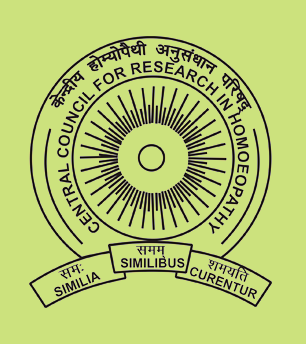Indian Journal of Research in Homoeopathy
Keywords
Homoeopathy, Hyperuricaemia, Lycopodium, Nephrolithiasis, Uric acid
Article Type
Case Report
Abstract
Introduction: Hyperuricaemia is serum urate concentration exceeding the limit of solubility, leading to its precipitation and predisposing the affected persons to gout. The increased level of uric acid in urinary excretion can also lead to nephrolithiasis. It has also been implicated as an indicator for diseases such as metabolic syndrome, diabetes mellitus, cardiovascular disease and chronic renal disease. Whereas homoeopathic literature enlists many medicines for this condition, there is a paucity of evidence-based published studies. Case Summary: The case presented here reported with the complaint of renal stone secondary to high serum uric acid levels. A single homoeopathic medicine Lycopodium was prescribed after thorough case taking which led to improvement in subjective symptoms and objectively reflecting in gradually decreasing levels of serum uric acid after elimination of stone. During the course of treatment, old symptoms also re-appeared depicting improvement in accordance with Hering's law of cure. The Modified Naranjo Criteria score after treatment was 8, which explicitly shows the positive causal attribution of the individualised homoeopathic medicine Lycopodium in this case. Homoeopathic treatment has shown favourable results in this case and demonstrates the scope of Homoeopathy in such cases.
Digital Object Identifier
10.4103/ijrh.ijrh_6_20
Publisher
Wolters Kluwer India Pvt. Ltd.
How to cite this article
Gautam P. A case report of hyperuricaemia with nephrolithiasis treated with homoeopathy. Indian J Res Homoeopathy 2021;15:147-154. doi: 10.4103/ijrh.ijrh_6_20



